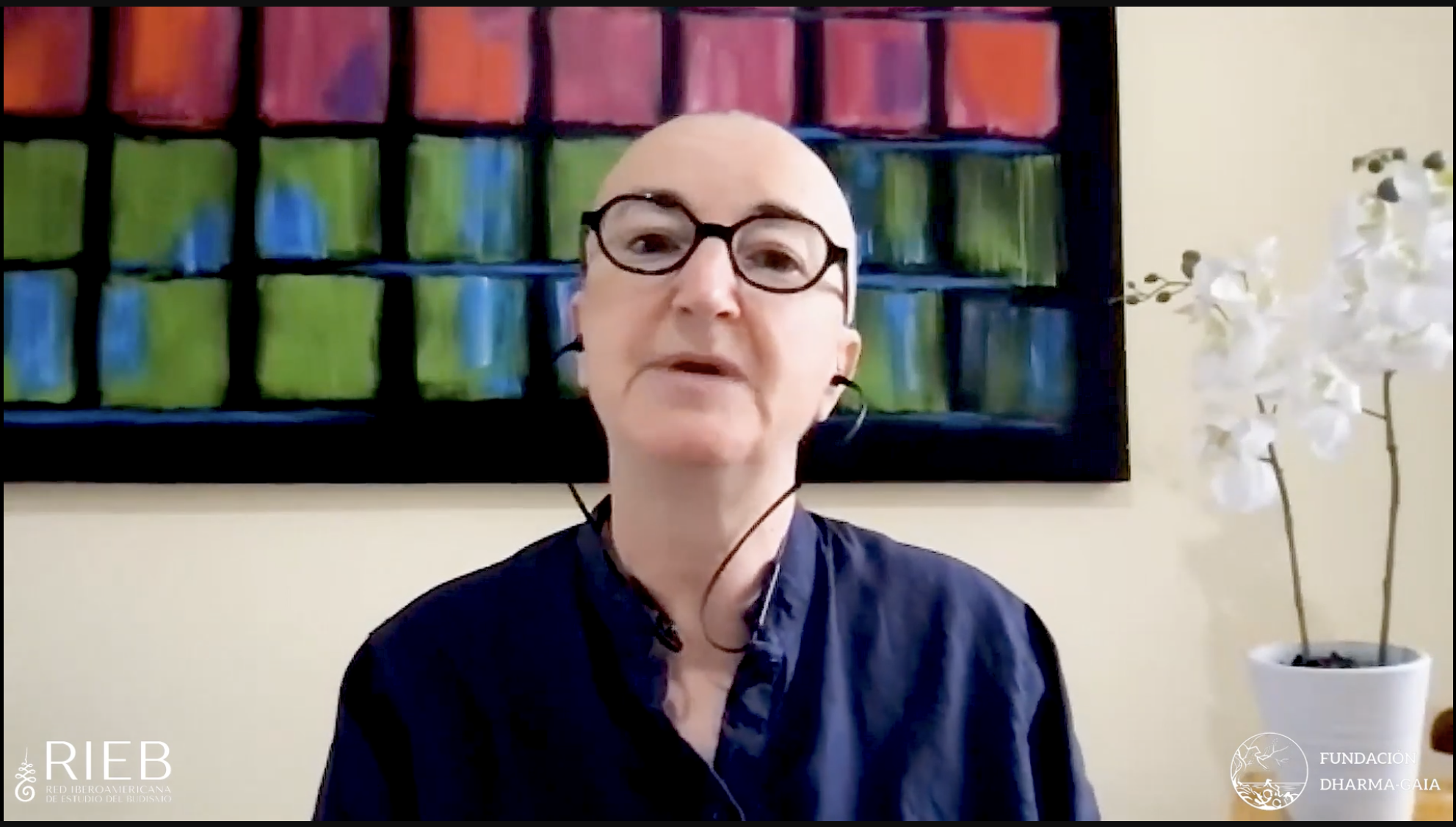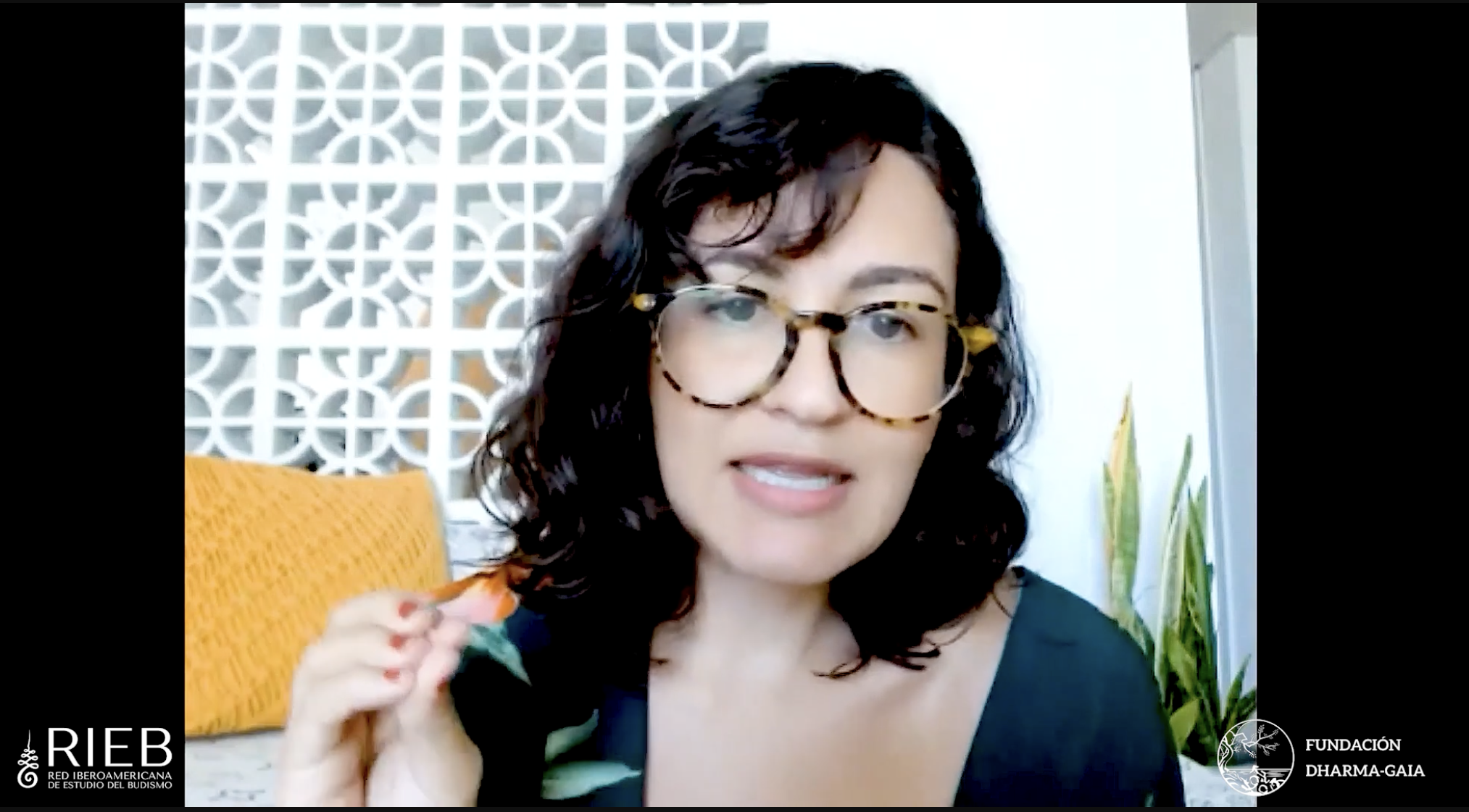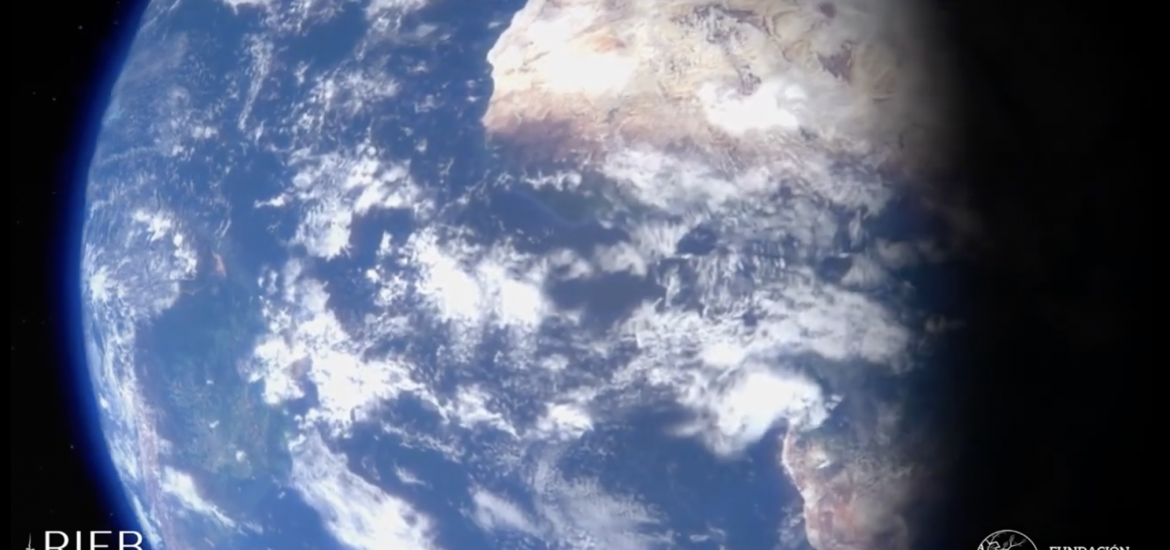The climate crisis and global ecological degradation represent the most urgent natural challenges of our time. On 26 and 27 October 2023, Dharma-Gaia Foundation (Fundación Dharma-Gaia, FDG) and Ibero-American network for the study of Buddhism (“Red Iberoamericana de Estudio del Budismo, RIEB) co-organized a milestone conference titled “Ecological Buddhism and Climate Emergency – Moving Towards New Interpretations and Actions.”
This conference was particularly significant for the global Buddhist community, since the Hispanophone world encompasses Central America and South America – two areas of the world with some of the most ecologically critical regions in the world. The symposium brought together many of the most prominent names in Spanish-speaking Buddhist Studies – many of whom are regular contributors and columnists on Buddhistdoor en Español (BDE). It was also unique for the Hispanophone world in terms of its presentation format, since it was hosted remotely.
It unfolded over two days, with 26 October focusing on how the traditions of Buddhism address climate change (“Climate Crisis and Buddhist Traditions”). Day One opened with a video presentation, «El estado del planeta hoy, proyecciones de futuro y una perspectiva budista» (“The State of the Planet Today, Future Projections and a Buddhist Perspective”), from climate scientist Dr. Jordi Solé Ollé.
Solé, who is a professor at Universitat de Barcelona and advisor to the Intergovernmental Panel on Climate Change (IPCC), highlighted how Buddhism can help us manage caused by the planetary emergency, and also change society’s perspective on how we live both individually and socially. Examples of speakers included Dr. Roberto García (“An Interdependent World: The Buddhist Dharma, the Ruler, and Local Spirits in the Ecology of Early Buddhism”) and María Elvira Ríos (“Deconstructing Yingshen 應身 Resonant Body: An Ecological Interpretation in Early Chinese Buddhism.”

Day Two had three major themes: “Americo-Indian and Feminist Perspectives,” “Buddhism and Climate Action: Practices for Overcoming,” and “Dialogue in Action: Buddhist Environmental Projects.” Given the contested and troubled history of Spanish imperialism in South America and postcolonialism in today’s Latin American countries, I found the focus on Americo-Indian and feminist ideas particularly meaningful.
Speakers in the first panel reflecting on Native and female voices included Prof. Florencia Tola (“Multiple inhabited worlds connected by compassion and causality. A reading from the Gran Chaco”), Juan Pablo Restrepo (“Bodies in Dialogue/Dislocated Perspectives”), and Damcho Diana Finnegan (“A path beyond dualism”). The second and third sessions honed in on the practical steps being taken to heal the planet and mitigate climate change over the long term. These initiatives might be taken by Buddhist communities, or other interest groups that have been inspired by Buddhist-informed values.
Lia Beltrão (“Collective trauma and social and environmental transformation in the methodology created by Joanna Macy”), Claudia Lira Latuz (“Nature and education of sensitivity: the method Sati (atention) extrapolated from the path of Japanese Buddhist art applied to the production of a collaborative work of art.”), and Jordi Solé Ollé (“Science and Buddhism in the face of the global systemic crisis: looking for a new narrative”) himself all gave talks in the session “Buddhism and Climate Action: Practices for Overcoming.”

The final session, “Dialogue in Action: Buddhist Environmental Projects,” concluded the conference with a survey of the diversity and efficacy of various initiatives undertaken by Buddhist organizations to heal the world and save human civilization from the climate crisis. The conference also had discussions and dialogues on both days, with Day One’s dialogue focusing on two documentaries, Rebellion for Life and Cloud Forest.
A volume bringing together the papers presented will be published later in the year of 2024. Already there is hope that the volume can be translated into an English version.
Like the founding of BDE itself, this conference was a true milestone in the development of Buddhism in the Hispanophone world. It will influence future Spanish-language symposiums and publications seeking to address the Buddhist stance on planetary issues. Efforts are also in place to create a group called Laboratory of Eco-Buddhism based in Chile. Led by María Elvira Ríos and a group of researchers on Buddhism and ecology, this organization will serve as a think-tank on subjects concerning the environment and Buddhism and build a network of Buddhist-related ecological initiatives.
It was co-sponsored by the Facultad de Filosofía y Letras at Universidad de Buenos Aires, the Departamento de Antropología, Filosofía y Trabajo Social at Universitat Rovira i Virgili, and the Instituto de Estética at the Pontifica Universidad Católica de Chile.
Keep a lookout for highlights of the conference speakers’ presentations and their work in future posts.
Buddhistdoor en Español
Edición especial: «Budismo, ecología y cambio climático»
BDE YouTube


